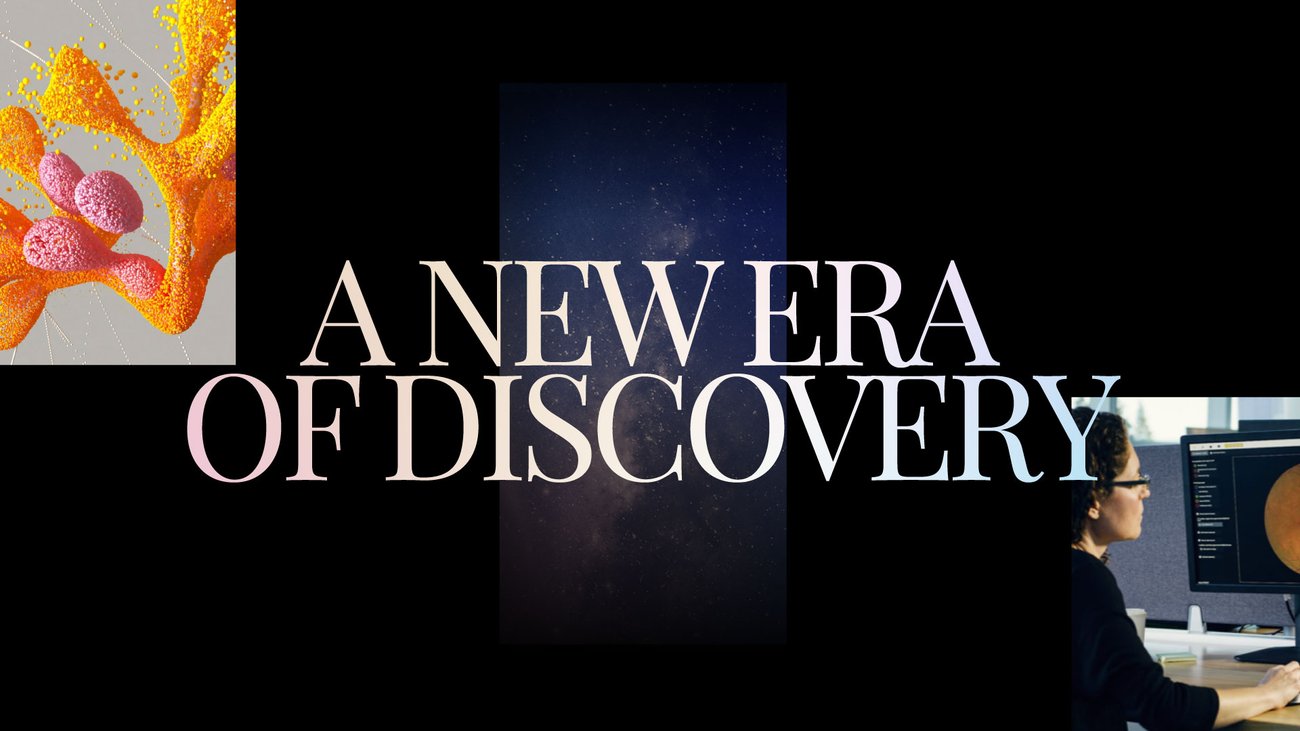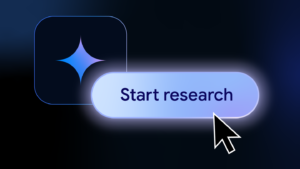Embarking on a New Age of Exploration

AI for Science Forum: Transforming Scientific Discovery
In London, a remarkable event called the AI for Science Forum was co-hosted by Google DeepMind and the Royal Society. This gathering brought together esteemed Nobel laureates, influential scientists, policymakers, and industry leaders who met to discuss how artificial intelligence (AI) could revolutionize the scientific field, tackle global challenges, and open the door to unprecedented discoveries.
Keynote Address by Google Executive
James Manyika, Google’s Senior Vice President for Research, Technology, and Society, delivered the opening remarks. He emphasized that although AI’s role in science has recently gained attention, the concept of using AI to advance scientific practices has long inspired scientists, dating back to notable figures like Alan Turing and Christopher Longuet-Higgins. Manyika highlighted that AI should not be seen as a replacement for human scientists, but rather as an indispensable tool that enhances their work by addressing complex scientific problems.
The Early Integration of AI in Science
Historically, the use of computational techniques in science has been prevalent, evident in the work of Hodgkin and Huxley, who used computational methods to illuminate how nerve impulses travel in neurons, earning them a Nobel Prize in 1963.
Fast forward to the present, and the impact of AI is showcased through innovations like AlphaFold. This project, led by Demis Hassabis and his team, recently won a Nobel Prize in Chemistry by successfully solving the protein-folding problem that puzzled scientists for decades.
The Role of AI in Scientific Advancement
AI plays a vital role in accelerating scientific research and expanding its scope. Here are some significant contributions AI has made to scientific fields:
- Increased Speed: AI helps condense years or even centuries of research into a matter of days or months.
- Broader Research Horizons: Scientists can explore numerous variables simultaneously rather than tackling them individually.
- Wider Participation: Enhanced access to AI-driven insights enables more researchers to engage in scientific exploration, driving discovery forward.
Examples of AI-Powered Scientific Breakthroughs
Here are a few impactful examples of AI’s contributions across various scientific disciplines:
- AlphaFold: The project has successfully predicted the structures of over 200 million proteins and is now extending its capabilities to study other biomolecules like DNA and RNA.
- AlphaMissense: This tool categorizes a vast number of DNA variants, dramatically outperforming traditional human verification methods.
- Human pangenome: Utilizing AI, researchers created the first draft of the human pangenome, reflecting greater genetic diversity by analyzing 47 genomic samples.
- Neural Atmospheric Modeling: AI combined with physics has led to NeuralGCM, a model able to simulate atmospheric conditions with unmatched efficiency.
- Quantum Computing: Progress in quantum research is being bolstered by AI, with groundbreaking investigations into concepts such as traversable wormholes.
Real-World Impact of AI on Society
AI is not only changing how science is done in theory; it is having a significant impact in practical applications, especially in climate and healthcare:
- Flood Predictions: AI has improved forecasts for river flooding, allowing predictions to be made up to a week in advance, currently covering over 100 countries.
- Contrail Emissions: Research has used AI to minimize aviation emissions by predicting where contrails will form, resulting in over a 50% reduction in emissions during trials.
- Disease Detection: AI assists in interpreting retinal scans for conditions like diabetic retinopathy, leading to extensive screenings worldwide and partnerships aimed at fostering more screenings.
Future Directions for AI in Science
While there have been significant strides in AI’s role in science, much work remains to fully harness its capabilities. Here are three focal points for future endeavors:
- Enhancing AI Capabilities: Researchers must focus on overcoming current limitations and developing AI to assist in creating new scientific theories and experiments.
- Commitment to Scientific Integrity: Emphasis on responsible AI use in science is critical, requiring collaboration among scientists, ethicists, and safety experts to address potential risks and biases.
- Accessibility: Efforts must be made to ensure that AI-driven research tools and resources are available to a broader range of scientists globally, promoting equitable progress across various communities.
As we move forward, the potential for AI to aid in scientific discovery and societal advancements remains boundless, promising a brighter future for research and its applications in tackling global issues.





